Improvement Resource Type: Thematic Report
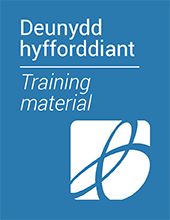

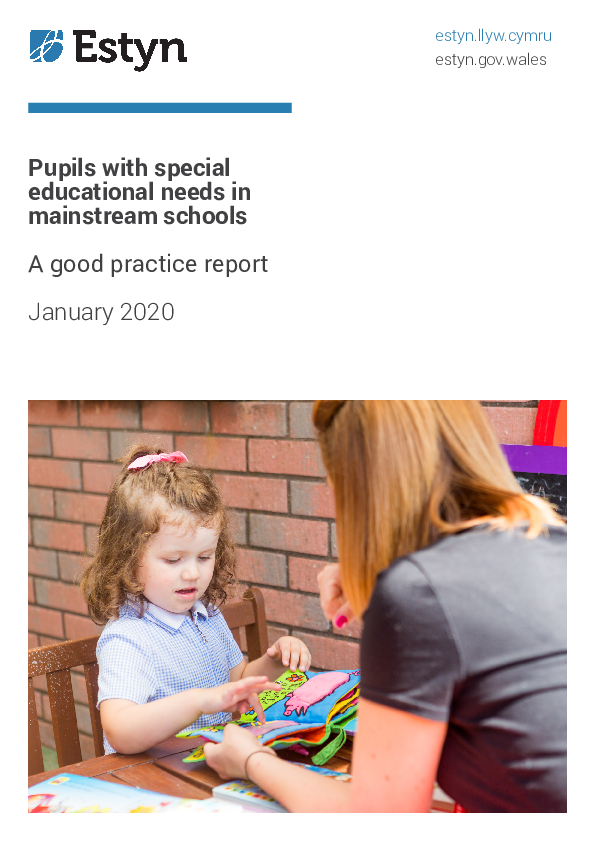
Schools should:
Local authorities should:
The Welsh Government should:
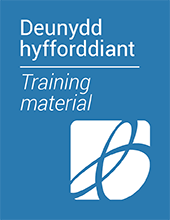
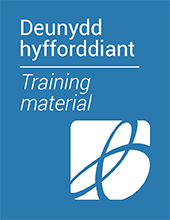
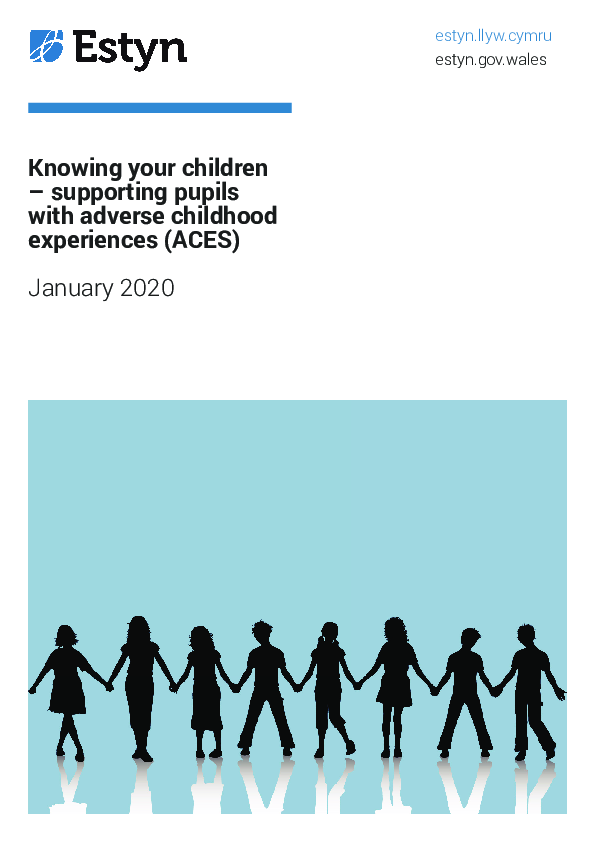
Schools should:
Local authorities and regional consortia should:
The Welsh Government should:
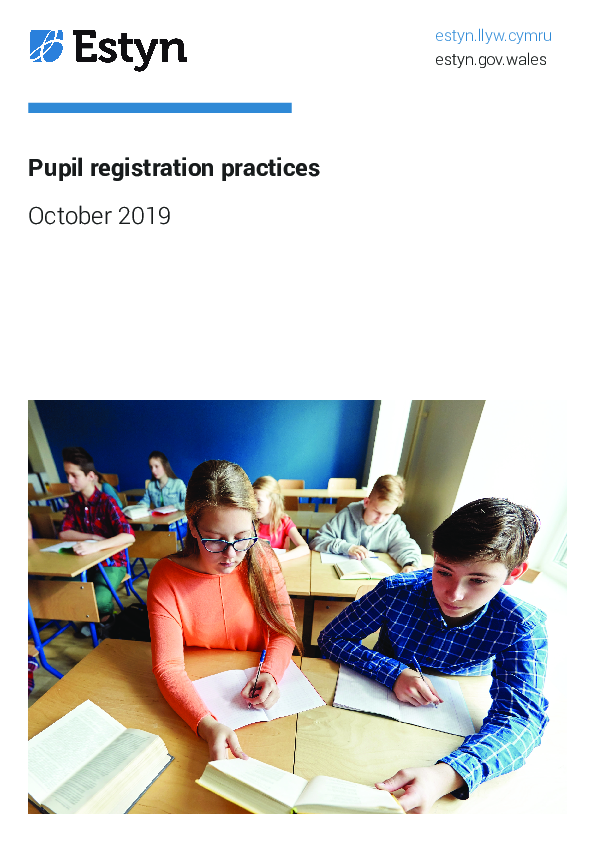
Schools and governing bodies should:
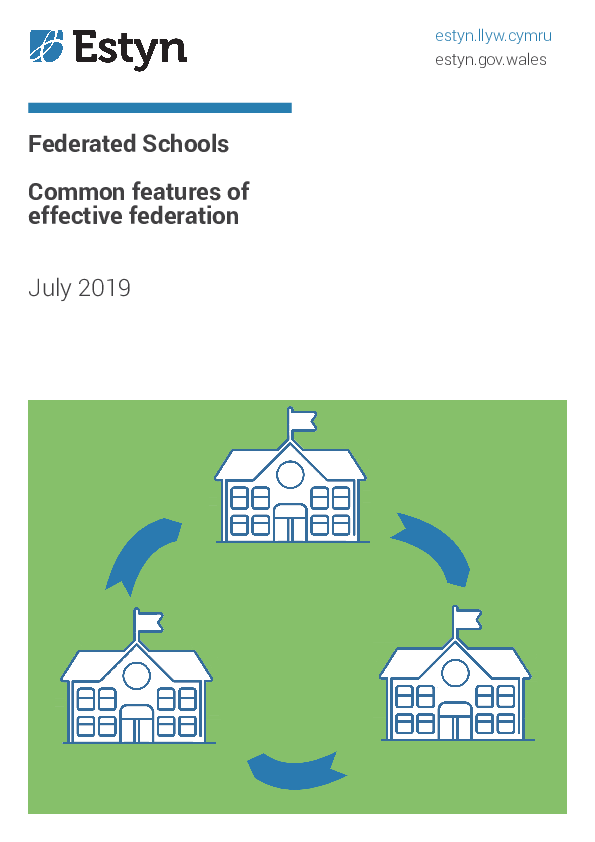
Federated schools should:
Schools considering federation should also:
Local authorities and regional consortia should:
The Welsh Government should:
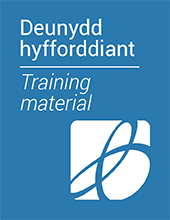
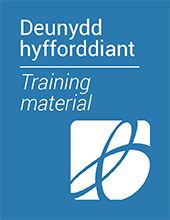
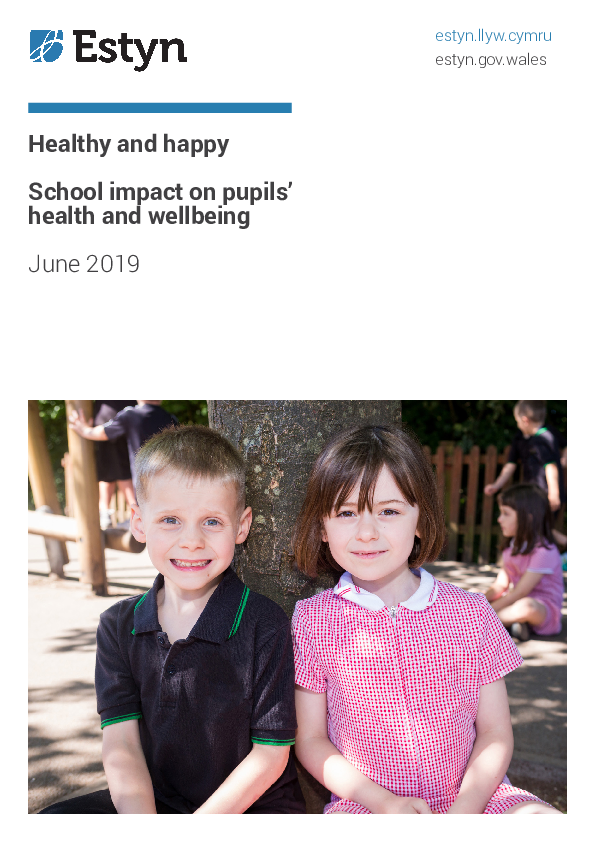
Schools should:
Local authorities and regional consortia should:
Initial teacher education providers should:
The Welsh Government should: